February 4, 2025 | 18:49 GMT +7
February 4, 2025 | 18:49 GMT +7
Hotline: 0913.378.918
February 4, 2025 | 18:49 GMT +7
Hotline: 0913.378.918
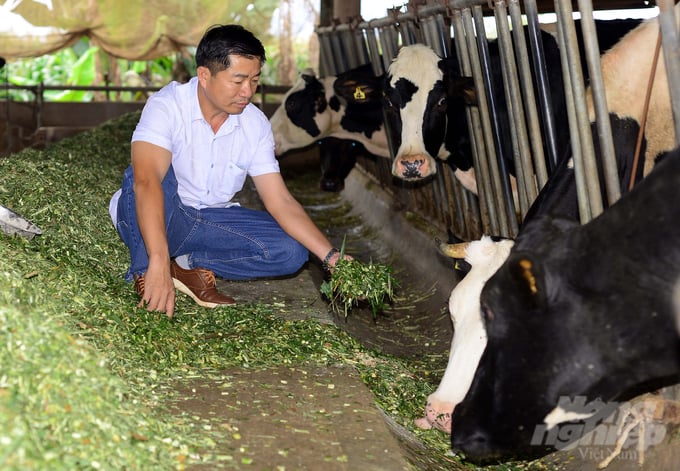
Mr. Le Van Thanh’s family has developed a dairy farm model since 2014 and achieved high economic efficiency. Photo: Minh Hau.
With over two hectares of family garden, in 2014, Mr. Le Van Thanh (49 years old, Hiep Thanh commune, Duc Trong district, Lam Dong) started developing pastures and raising dairy cows.
At that time, his family invested 200 million VND to build a farm and install machinery and equipment systems.
After completing the livestock infrastructure, he went to farms in the area to buy ten dairy cows, each costing 80 million VND.

Currently, Mr. Le Van Thanh’s family has a total herd of 70 dairy cows, of which 35 are for milk production. Photo: Minh Hau.
After five months of farming, realizing that the economic model was effective, Mr. Thanh’s family continued to invest capital to buy five more dairy cows to raise. Having a herd of about ten cows for milking, his family was then signed by a company to purchase raw milk at a price of 12,000 - 14,000 VND/liter.
The farm owner said that the breeding process has been perfected. The mother cow gave birth to calves, so now the family’s livestock farm has a total herd of over 70 cows. Of these, about 35 cows produce milk with an average yield of 20 liters/cow/day. The scale of the grassland was also invested in by his family, expanding to 3 hectares.
Livestock farming was highly effective. By 2020, Mr. Le Van Thanh collaborated with a business in Ho Chi Minh City to establish a milk purchasing station for about 70 local households. “Every day we buy about 6-7 tons of milk for farmers and in the near future we will open another milk purchasing station in Tu Tra commune, Don Duong district, Lam Dong,” Mr. Le Van Thanh shared.
Not stopping on just developing livestock models and building a chain of milk production and consumption links, Mr. Le Van Thanh aims to implement circular agriculture processes.
He said that handling cow manure during livestock farming is always an issue. To change the traditional process such as stacking and selling manure to farming households as fertilizer, Mr. Thanh learned and implemented the vermicompost production model.
In 2021, this farmer traveled to Cu Chi district (HCMC) to visit a number of vermicompost production facilities. With this knowledge, he then returned to Lam Dong to implement vermicompost.
Accordingly, Mr. Thanh took advantage of the old livestock barn to build cages with walls about 50cm high, about 3m wide and 5-10m long. In this farming area, he coated the bottom of the substrate to control humidity, ensuring the best conditions for worms to grow.
The farm owner shared: “Fresh cow manure at the farm is transferred to the gathering area for microbiological treatment and composted for 10-15 days. After this duration, the batch goes through mixing, micro-irrigation, and incubation for another ten days. Lastly, it is organized and then transferred to the farming cell as food for earthworms.
After 3 months, all cow manure and agricultural waste are processed by earthworms, creating a good source of fertilizer for plants. In particular, this treatment process does not emit foul odors, so it ensures the environment.”
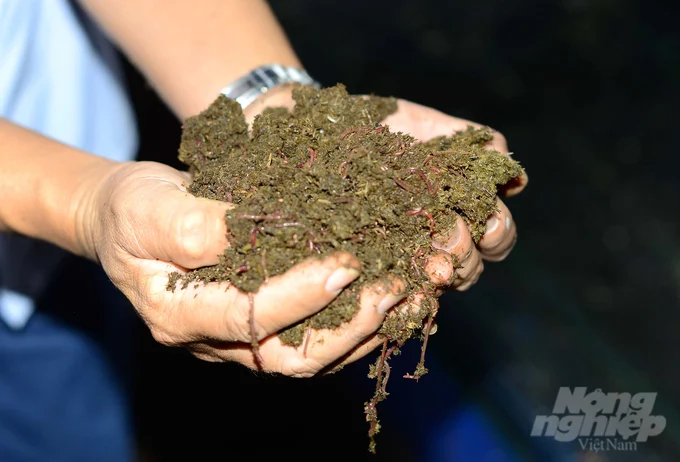
The earthworm farming model on an area of 1,000 square meters helps Mr. Le Van Thanh’s family process about 2 tons of cow manure and agricultural waste every day. Photo: Minh Hau.
Currently, the earthworm farming model is invested in by Mr. Le Van Thanh’s family and expanded to 1,000m2. With this scale, about 2 tons of cow manure and agricultural waste can be processed daily.
Mr. Thanh said that thanks to the earthworm farming model, all cow manure at the livestock farm is thoroughly treated, avoiding a backlog that causes environmental pollution. The family then uses the vermicompost source to fertilize the garden. In part, the family dehumidifies, packages and delivers to the market.
The farm owner said: “Currently, a number of households specializing in vegetables in Da Lat city and Don Duong district have ordered vermicompost from the farm to apply for production. On average, each month we sell about 10 tons to the market at a price of about 6,000 - 6,500 VND/kg.”
In the coming time, Mr. Le Van Thanh’s family will coordinate with local livestock households to develop a vermicompost production model with a scale of about 1 hectare.
Translated by Quynh Chi
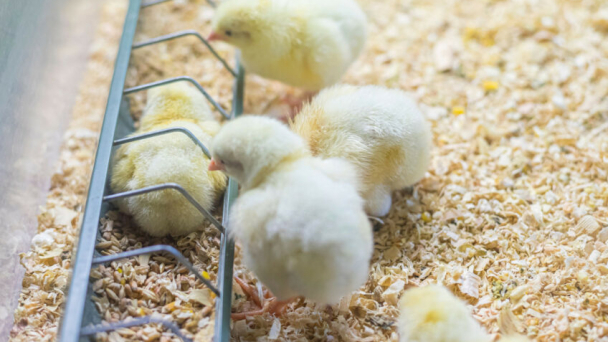
(VAN) Smart farming, including applications of artificial intelligence (AI), has the potential to improve farm animal welfare in many ways, but practically achieving this depends on a number of external factors.
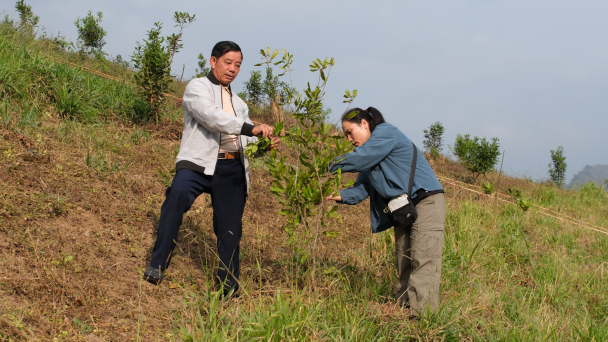
(VAN) With 75% of its cultivated land on steep terrain, macadamia farming in Tuan Giao district faces significant risks of soil erosion, underscoring the need for sustainable agricultural solutions.

(VAN) Bac Kan province is set to mobilize over 1 trillion VND to implement the Ba Be National Park Eco-Tourism, Resort, and Entertainment Development Scheme.
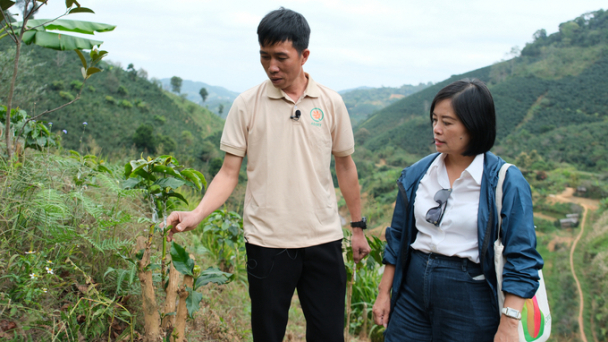
(VAN) Agroforestry models and grafting techniques are breathing new life into the Arabica coffee gardens of the Thai ethnic community in Mai Son district, Son La province.
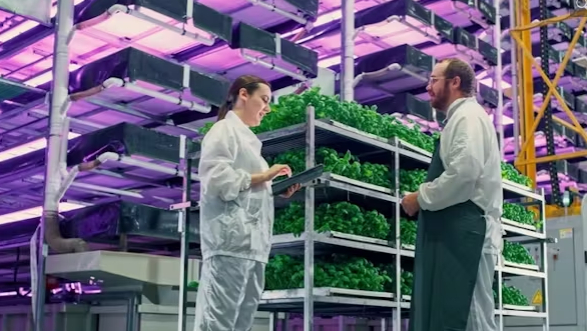
(VAN) Plant factories are failing, with multiple companies closing or going bankrupt in recent months. This includes the largest vertical farm on the planet, in Compton, Los Angeles.

(VAN) The announcement comes as a protection zone was set up following an outbreak of highly pathogenic avian influenza (H5N1) in the Kirriemuir area of Angus, Scotland.
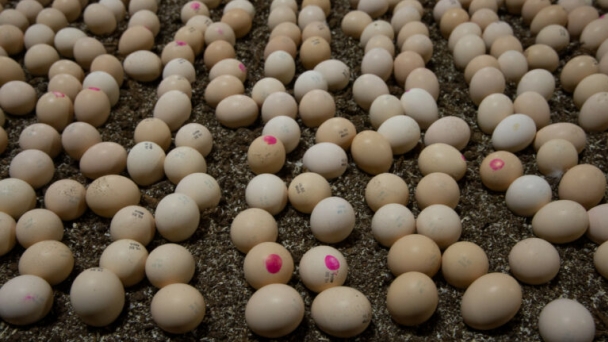
(VAN) Research has shown that hatching on-farm enhanced mucosal morphology and modulated immunity, indicating improved intestinal health when compared to hatching in conventional hatcheries.